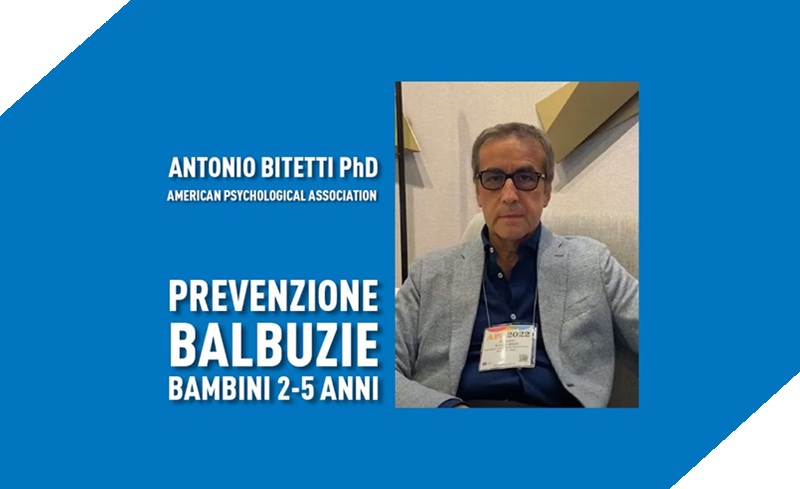The symptoms of stuttering vary depending on the context in which the stutterer interacts and the people with whom he relates. For example, the stuttering child strongly fears questioning at school or being asked to repeat a topic already covered. He is in a constant state of fibrillation in fear of being asked to express himself in front of his classmates.
Instead, he is helped by relationships with friends, who do not require much commitment on the level of personal value and preferably, not inclined to judge him. Sometimes, if the symptoms are strong, he may even be exempted from reading aloud, with repercussions on his self-esteem and with a consequent stigmatization of his entire condition.
In the stuttering adolescent, the difficulty of language can have strong repercussions on the normal evolution of character, already difficult in itself at that age. Moments of isolation may arise in not being able to express oneself adequately with the peer group, also showing signs of strong self-deprecation and sometimes even self-pity, with marked depressive overtones.
All aspects that must make us reflect on the importance of a problem, which is expressed in language as the final data of the symptomatology, but which involves a much wider sphere, that of one’s personality and above all, the way of thinking about oneself in relation to others. Without effective change processes, the stuttering child or adolescent is at high risk of becoming a stuttering adult, with serious impairment of the relational structure, at the various operational levels of the entire personality.
This is why it is highly reductive to think of the problem of stuttering as a simple language problem. Thinking this strongly limits the whole discussion and neglects the importance of the psychological and relational meaning that language represents for the human being in his daily interaction.
Those who are stuck in believing that stuttering is just a simple disorder of verbal fluency, as usually happens in a culture set on the simple verbal re-education of stuttering, tend to lose sight of the highly psychological value of language, an extremely sophisticated tool that mankind has developed to convey thoughts and emotions.
The presence of a large population of adolescent and adult stutterers says a lot about the fact that much more could not be done in childhood, or was not known how to do. It goes without saying that many sacrifices have been made by families with stuttering children, precisely because it was impossible to find adequate answers in the right time to try to reverse the condition.
So much so that in the field of stuttering intervention there is a large presence of ex-stutterers, self-treated or treated with speech therapy models, who try to propose phonetic-based approaches, the result of an always re-educational and symptomatic conception of the problem.
But deep down, the person who stutters knows that the internal situation is not as simple as it is made out to be. The stutterer knows his internal fears, his rigid cognitive positions, the irrationality of some of his ideas, and that they compromise the realistic possibility of having an adequate interpersonal relationship.
Human communication should not be a painful experience, as it is in the case of the stutterer, who sometimes is not capable of making a simple phone call, or experiences great suffering even in asking for a simple drink at the bar. In terms of interpersonal communication, what is simple and sometimes pleasant for the normally speaking person, becomes pure suffering for the stutterer.
This state of affairs prevents the stutterer from being able to adequately invest his cultural and human resources in the social sphere, and this is why the stuttering problem can become a limitation in personal fulfillment, even to the detriment of the richness of the entire context of the reference group.
If it is true that emancipation and participation in relational life create wealth, a strong limitation of such possibilities certainly creates impoverishment, obviously to the detriment of the entire community. At this point it is legitimate to think that stuttering no longer represents a disorder that is only subjective, of the personal sphere. The attitude of the individual, with his fears and uncertainties in communicating, creating a block of that psychological and relational energy, leads to a certain impoverishment in the collective growth process.
This is why it is important to limit the incidence of this problem from childhood, trying to give the best opportunities to the child who stutters. Not allowing him to cross the threshold of adolescence, an important limit, so that it does not become a serious element of relational difficulty and therefore, working hard to unhook get out of this communication model as soon as possible.




